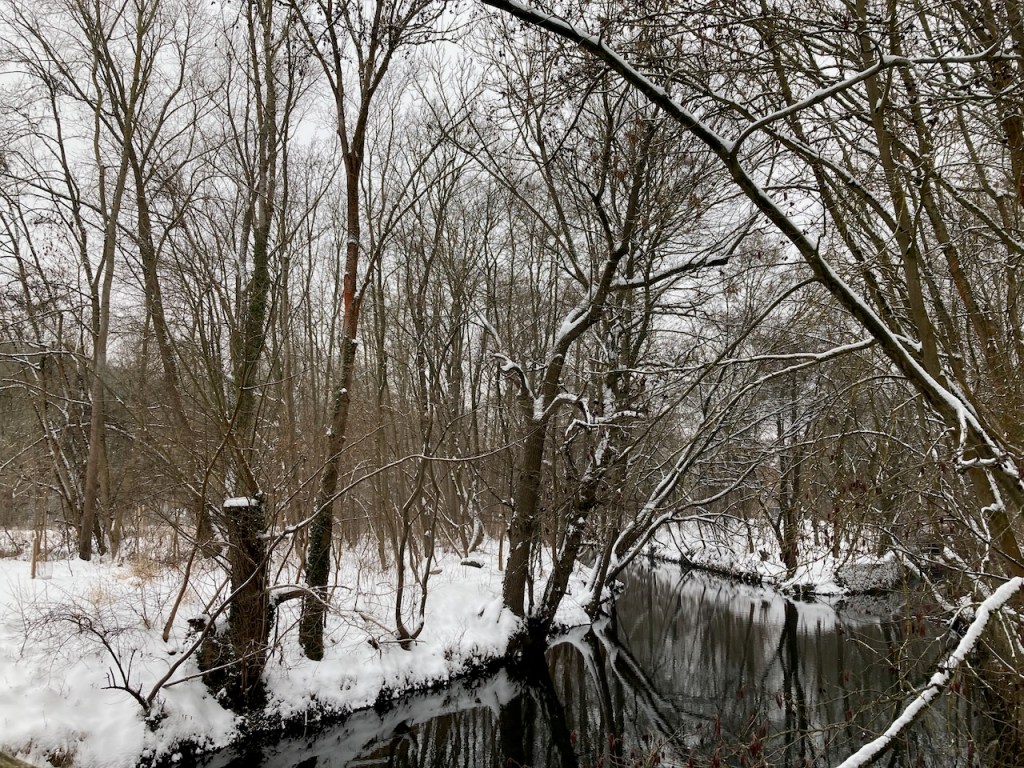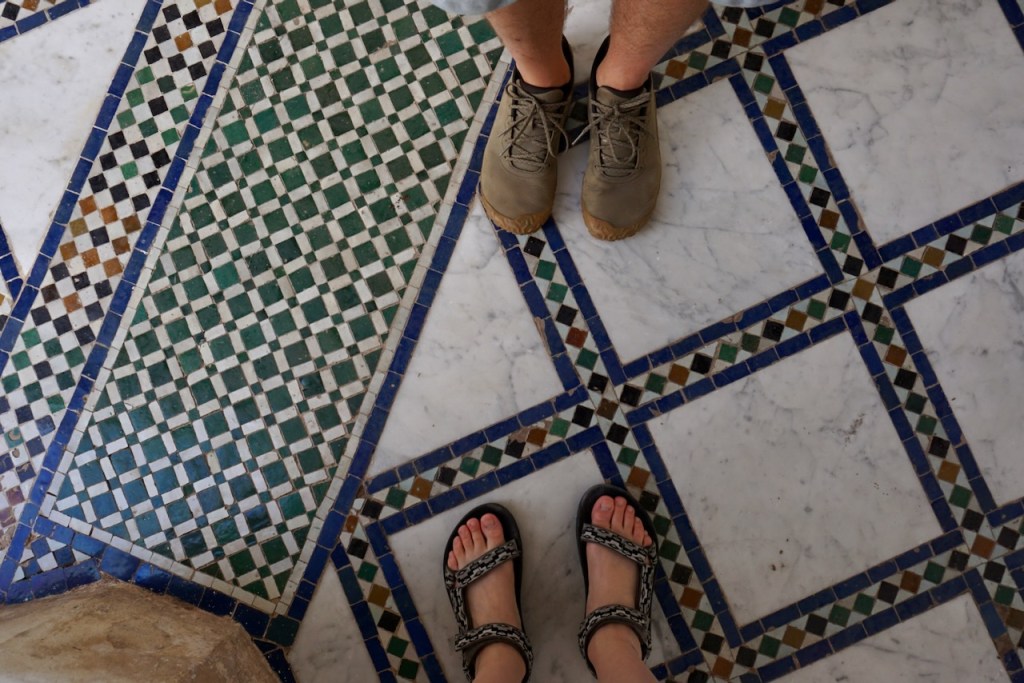You were introduced to DJs and electronic music when you were the size of an ear of corn. And my, did you dance!
When you were the size of an eggplant, your papa and I took a walk in woods full of colour. Gentle drops of rain began to fall and we wondered if you could hear the forest, too.
You were on the cusp of being the size of a bunch of grapes when, relaxing in the bath, I watched my belly move as you moved. You were right there, and I was amazed by you.
We visited the spa and sauna when you were the size of a turnip. In the pool, I floated on my back and my belly, basking in weightlessness. But don’t worry – we watched you kick and spent the day talking about you.
We celebrated Thanksgiving with all of your grandparents when you were the size of a cauliflower. Everyone is so excited to meet you.
When you were the size of a pomelo, your papa and I decided that I was no longer a good belay partner. I knew there would be many more occasions for us to make decisions based not on our wishes, but on what was best for you.
You were the size of a coconut when we took a walk in a fine dusting of snow, and I wondered if you’d ever know the snowy winters your papa and I remember from our childhoods on different continents.
Your papa and I started prenatal classes when you were the size of a pineapple. I left the first evening fascinated by the work my body had done for you and almost looking forward to the experiences to come.
When you were the size of a butternut squash, it was time for me to stay home and get ready for you. For such a tiny creature, you certainly do come with a lot of accessories!
When you were the size of a Romaine lettuce, we started talking with the midwives about the best way to bring you into the world. However you get here, we cannot wait to meet you.
When you were just about the size of a melon, I was decisively ready for you. And at the same time, I was prepared to carry you as long as you needed.






